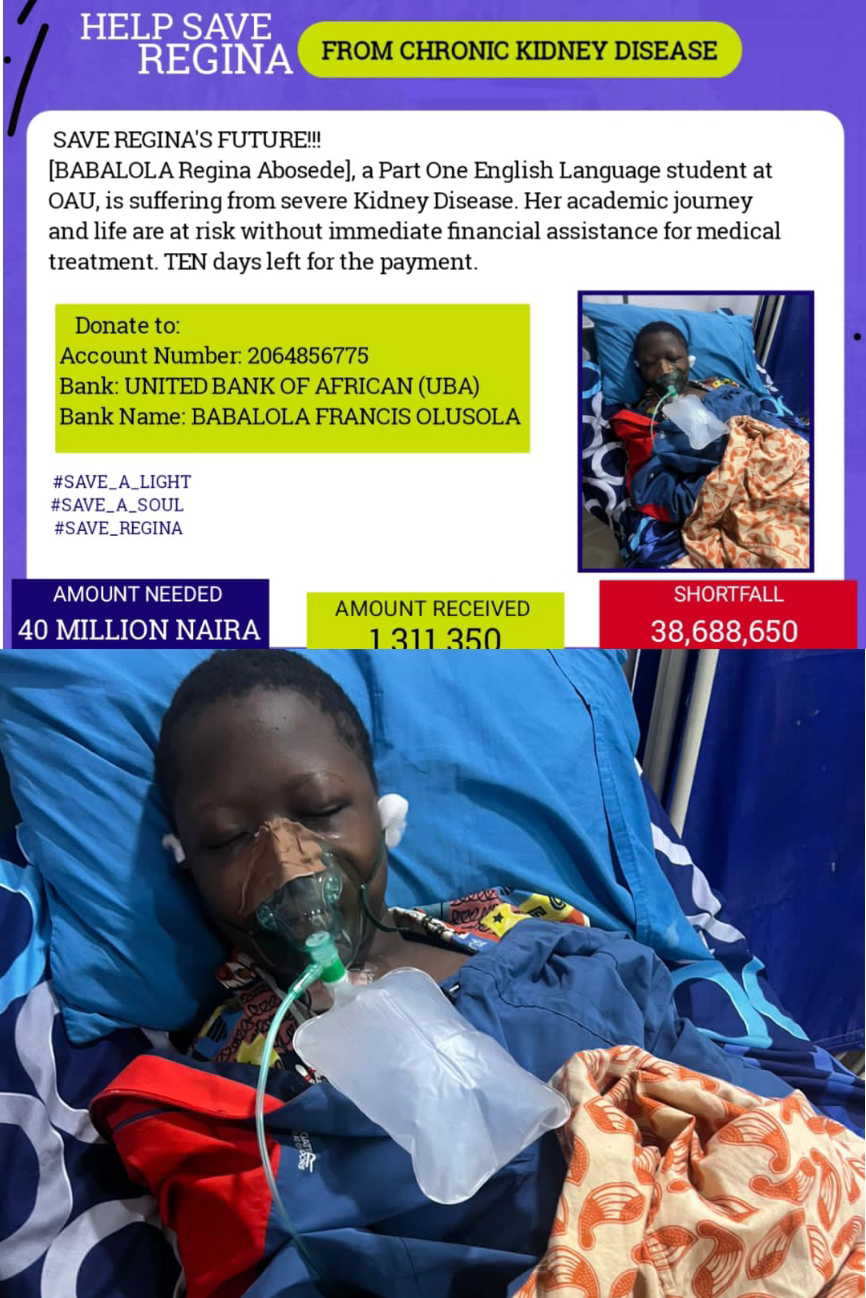2024 Budget: Seven Percent of N27.5 Trillion Allocated To Education, Below UNESCO Benchmark, Senator Cries
2024 Budget: Seven Percent of N27.5 Trillion Allocated To Education, Below UNESCO Benchmark, Senator Cries
Adedoyin Oguntade
In a recent Senate session on December 1, during the second reading of the 2024 Appropriation Bill, several lawmakers, including Senate Minority Leader Senator Abba Moro, voiced their concerns about the current allocations for education. Representing Benue South, Senator Moro criticized the inadequacy of educational provisions in the bill, citing a clear gap in meeting the demands for improved funding in Nigeria’s education sector.
The focal point of Senator Moro's criticism was the 7% allocation for education proposed by the Tinubu administration, which he noted is significantly less than the 26% recommended by UNESCO. This benchmark is part of UNESCO’s global standards for education funding, aimed at enhancing educational infrastructure and quality.
Senator Moro highlighted the ongoing discontent from the Academic Staff Union of Universities (ASUU) regarding this issue. He underscored the urgency of increased financial commitment to education, as advocated by UNESCO. The senator pointed out the tendency of Nigerian students to seek education abroad due to insufficient resources at home, underscoring the need for substantial improvements in domestic educational facilities and funding.
Further emphasizing the issue, Tribune Online refers to UNESCO's 'The Dakar Framework for Action' from the Education For All Report (2000-2015). This framework calls for governments and donors to significantly increase their financial support to the education sector. According to UNESCO, this is crucial for accelerating progress towards Education For All (EFA) goals. The recommended financial commitment involves allocating 4-6% of a country's Gross National Product (GNP) to education, with a specific 15-20% of the government budget earmarked for this vital sector.
Senator Moro's call to action reflects a growing consensus on the need for Nigeria to align its educational budget with international standards, emphasizing the critical role of education in national development and the future of the country's youth.




Comments
Post a Comment